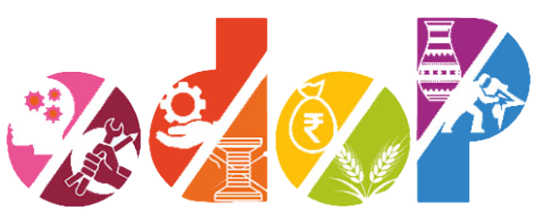Our Esteemed Clients
Our Methodology
We guarantee that creating a mobile app follows a methodical approach that results in a high-caliber, user-friendly final product. We've outlined the main processes and actions we take while developing mobile applications below:
The process of developing a mobile app starts with ideation and conceptualization, which entails group brainstorming to specify the main idea and goals of the app in accordance with customer requirements. Identifying the app's value proposition, special features, and problems to be solved are all part of this step. Thorough documentation acts as a roadmap for later phases of development and guarantees conformity with the client's vision.
Once the concept is clear, thorough market research, we make sure to comprehend the target market, competitors, and current market trends.This research helps in identifying the app's potential users and their needs. Planning involves outlining the app's features, creating a project timeline, and allocating resources. A well-structured plan serves as a roadmap, ensuring the project stays on track and meets deadlines.
During the design process, our primary goal is to develop a user interface (UI) and user experience (UX) that are both visually appealing and intuitive. This involves wireframing, prototyping, and creating mockups.
The development phase is where the actual coding takes place. Depending on the platform (iOS, Android, or both), developers use programming languages and frameworks suitable for the app. This phase includes front-end development (user interface) and back-end development (server-side logic, databases). Integration of APIs, third-party services, and security features are also part of the development process.
Testing is a critical step to ensure the app functions correctly and provides a seamless user experience. We proceed as follows:
- Testing is done in a number of ways, such as functional, usability, performance, security, and compatibility testing.
- Quality assurance teams identify and fix bugs, and validate the app against the defined requirements.
Once the app passes all testing phases, it's ready for deployment. This involves submitting the app to app stores (Google Play Store, Apple App Store) and adhering to their guidelines and requirements. The deployment phase also includes setting up analytics to track user behavior and app performance post-launch.
Mobile app development doesn't end with deployment. Continuous maintenance and updates are necessary to keep the app relevant and functional. Regular updates address bugs, add new features, and improve performance based on user feedback. Monitoring app analytics helps in understanding user behavior and making data-driven decisions for future enhancements.
FAQs
Our Services
All Kinds of IT Solution Services





